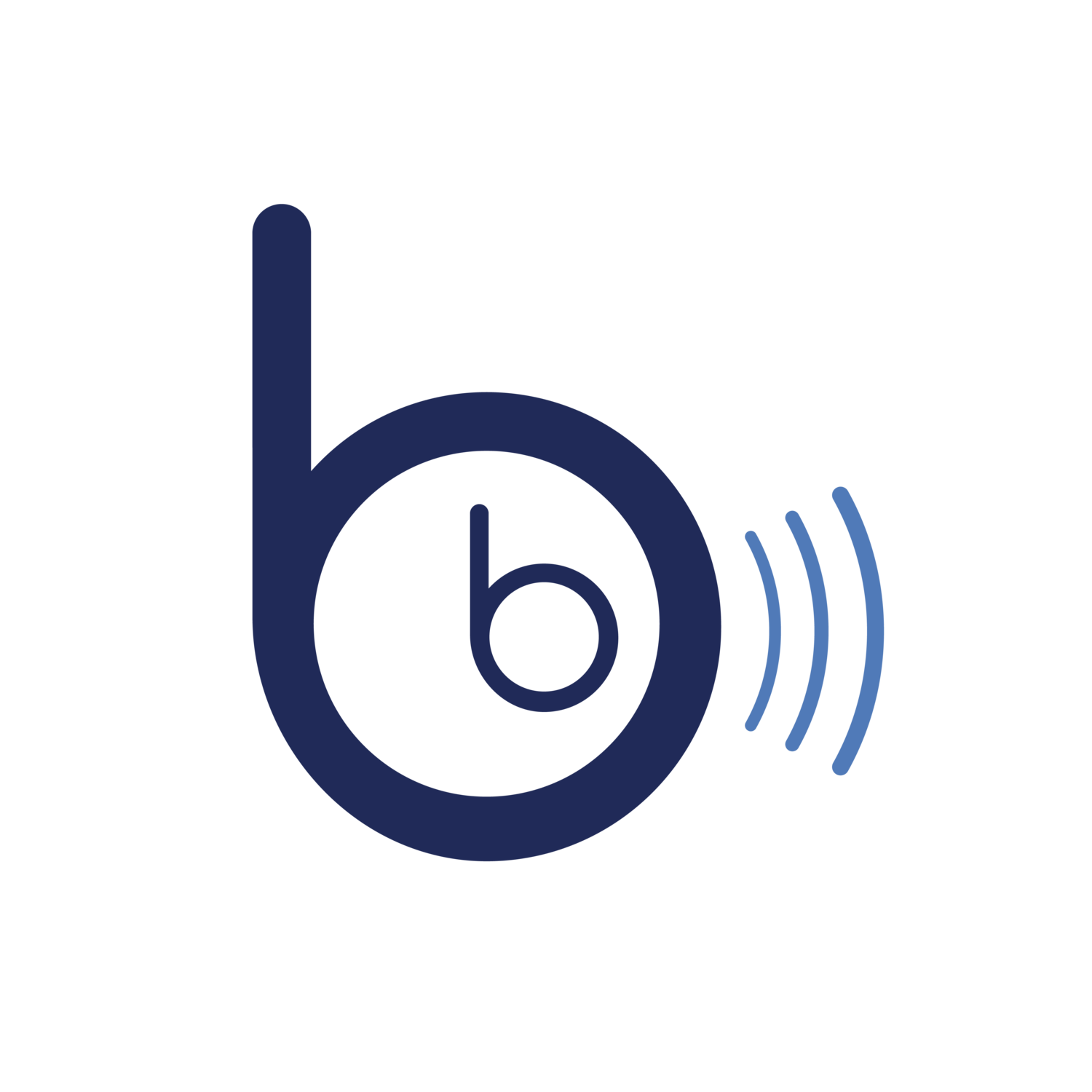We are not Zebras
Written by:
Sydney McQuade, MEd, LPC
Counterbalance Counseling – Austin, TX
Since March 13, the following 293 days of 2020 were exhausting. This upheaval was followed by an equally challenging first four months of 2021, where shocking events and losses have continued. The global pandemic required us to relinquish control of our everyday lives on a grand scale, both at work and at home, to survive. What a tradeoff and sacrifice it has been. Many were forced to leave jobs, either willingly to care for and teach children or because of layoffs and cutbacks, adding to the uncertainty and chaos. Racial injustice and deaths piled onto the collective sense of loss and fear. Whatever your political position, everyone experienced a tumultuous election cycle making adaptation, adjustment, and acceptance the name of the game.
In the book "Why Zebras Don't Get Ulcers," author and primatologist Robert Sapolsky, MD, explains that zebras only experience stress as episodic rather than pervasive. Zebras do not avoid certain watering holes because there COULD be a lion lurking in the brush; they only experience stress if a lion IS chasing them in the present moment. When applied to the last year's events, it all felt like one long, traumatic and exhausting lion chase. Since we are not zebras, we do worry about the lion that could chase us; or the predator that did hunt us the previous day; even if some of the drawn-out events of the last 365 days have ended, we're not necessarily able to snap out of it like a Zebra. It would be nice if we could!
Most people, especially those experiencing a recent loss, will understandably continue to experience psychological distress either due to how we had to adapt to survive or the sustained grief, worry, and fear that accompanies those adaptations and loss. As with any adaptation made to survive, the accompanying psychological distress can either come to us in the present moment or arise down the road once we are out of survival mode. The need to cope and heal after the fact is often a concept that feels confusing to people. Still, we know that late-onset feelings of psychological distress (sadness, anger, grief, fear) can come to us only once we're safe and out of danger. Now that we are safe, we CAN feel again. As mentioned previously, we are not zebras and need to complete our stress cycles somehow to move forward and rebalance ourselves. Here are a few ideas for how to do this:
THANK YOURSELF
Thank yourself for surviving, and be grateful to your mind, body, and emotional abilities that helped you survive. You may have survived by staying home, compartmentalizing your feelings, sleeping more, or isolating yourself, not seeing friends or family. You may have survived by focusing on work or getting a puppy. Whatever it is, notice it and thank yourself because, in one way or another, it kept you safe.
LABEL YOUR EXPERIENCE
Label your feelings bravely and adequately. Is what you're feeling grief? Is it sadness? Is it fear? If you label your feelings appropriately, it can help you address them in the most authentic and congruent way.
TYPE OF CARE
Note if you need active self-care, passive, or a combination. You may need to do something active to relieve your stress cycle (plant a new garden, exercise, find a therapist) or combine it with something subdued and more passive (nap when tired, sit outdoors). The point is, you may need to do something to facilitate the healing, and that's okay.
SELF-COMPASSION
You can't authentically feel your feelings or heal if you're judging yourself for needing to. Take the self-judgment out of the equation, and psychological distress becomes lighter, more focused, and accessible. Judging yourself for your feelings creates distraction making it challenging to reach the core of what needs healing.
SOCIAL SUPPORT
Zebras surround the herd-mate who is being chased, and it keeps everyone in the herd safe. Need I say more?
REBALANCE
Take inventory of the tradeoffs you had to make to survive and apply some intentional problem solving to how you can rebalance those tradeoffs now that things can and need to heal. Maybe you over-committed to distract yourself and now feel exhausted, so perhaps it's time to cut something out, or maybe you cut things out to focus and get the things done, but now it may be time to add back in some self-care.

